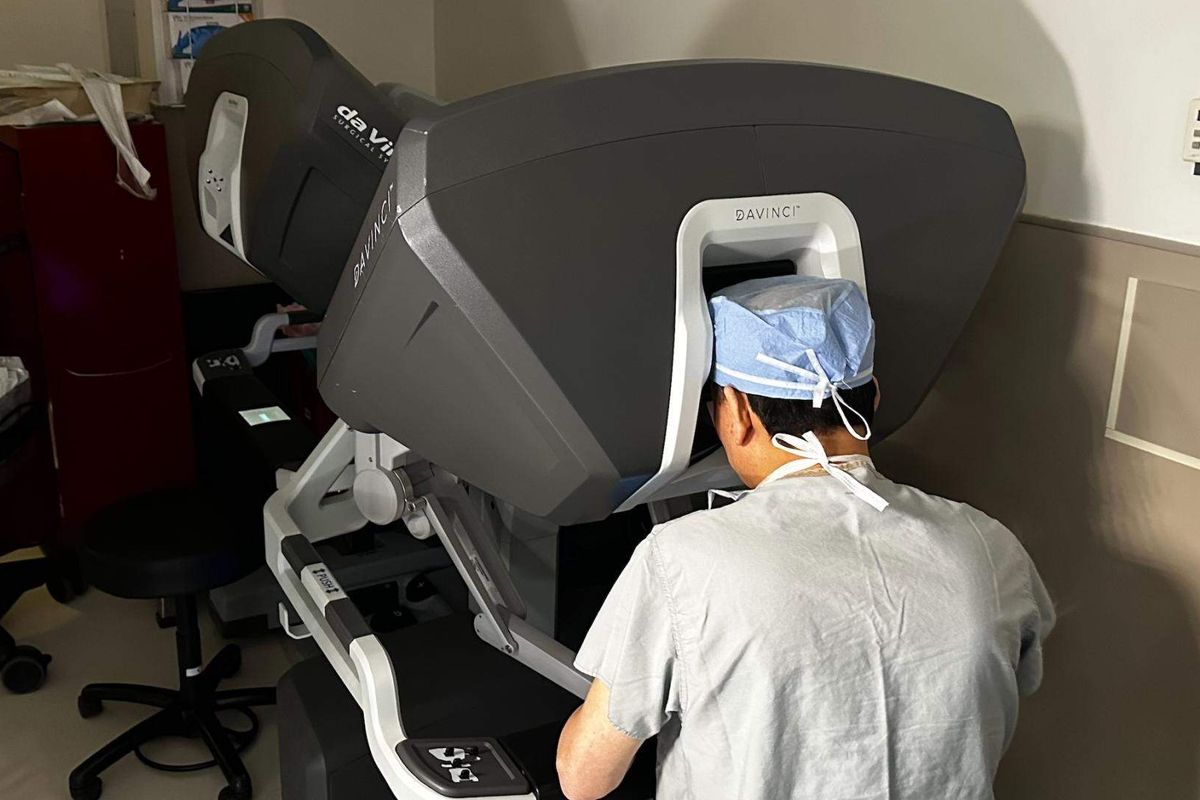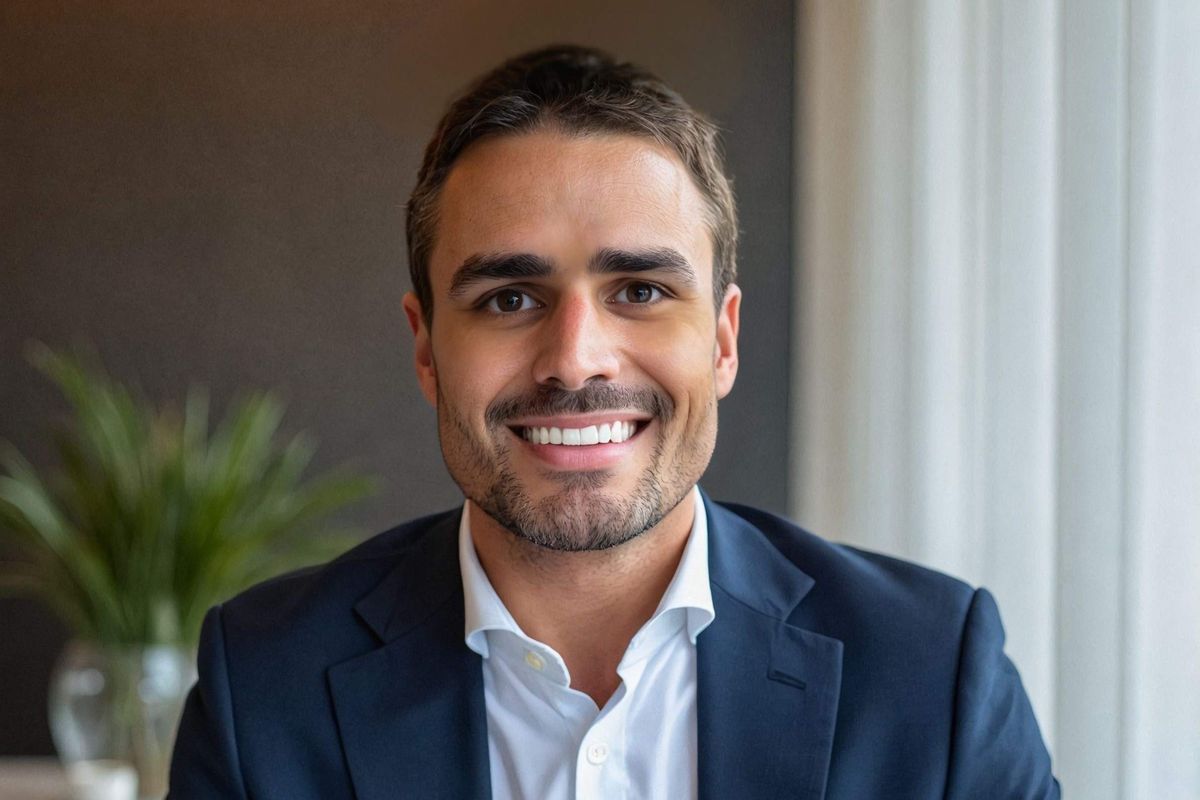Nearly a dozen public and private Houston-based companies have been hailed among the best places to work in 2025 by U.S. News and World Report.
The annual "U.S. News Best Companies to Work For" report examines thousands of publicly-traded companies around the world to determine the best employers based on six metrics including work-life balance and flexibility; quality of pay and benefits; job and company stability; career opportunities and professional development; and more. The companies were not ranked, but included based on reader surveys and publicly available data about each workplace.
New for the 2025-2026 ratings, U.S. News expanded its methodology to include privately owned companies and companies with internship opportunities for recent graduates and new, current, and prospective students. Companies were also grouped into job-specific and industry-specific lists, and the publication also added a new list highlighting "employers that are particularly friendly to employees who are also caregivers in their personal lives."
U.S. News included seven publicly-traded companies and four privately owned companies in Houston on the lists.
Chevron
It may not come as a surprise that oil and gas corporation Chevron landed at the top of the list of top public employers in the Energy Capital of the World. The energy giant currently employs more than 45,000 people, earns $193.47 billion in annual revenue, and has a market cap of $238.74 billion. The company earned high ratings by U.S. News for its job stability, "belongingness," and quality of pay.
Chevron also appeared in U.S. News' industry-specific "Best in Energy and Resources" list, the "Best Companies in the South" list, and the "Best for Internships" list.
American Bureau of Shipping (ABS)
In the category of privately held companies headquartered in Houston, American Bureau of Shipping (ABS) landed on top as one of the best employers thanks to its employee work-life balance, job stability, and quality of pay. U.S. News estimates ABS has between 5,000 and 10,000 employees, and generated between $1 billion to $10 billion in revenue in 2024.
This engineering and construction company was founded in 1862, and describes itself as "a global leader in providing classification services for marine and offshore assets."
"Our mission is to serve the public interest as well as the needs of our members and clients by promoting the security of life and property and preserving the natural environment," the company website says.
In addition to earning a place among U.S. News' overall "Best Companies" list, ABS also appeared in the "Best in Engineering and Construction" list.
Other top companies to work for in Houston include:
- Calpine – Best in Energy and Resources; Best Companies (overall)
- ConocoPhillips – Best in Energy and Resources; Best Companies (overall); Best in Caregiving; Best Companies in the South
- Hines – Best in Real Estate and Facilities Management; Best Companies (overall)
- Insperity, Kingwood – Best in Healthcare and Research; Best Companies (overall); Best in Caregiving; Best Companies in the South
- KBR – Best in Engineering and Construction; Best Companies (overall); Best Companies in the South
- Men's Warehouse – Best in Consumer Products; Best Companies (overall)
- Occidental – Best in Energy and Resources; Best Companies (overall); Best Companies in the South
- PROS – Best in Information Technology; Best Companies (overall); Best Companies in the South
- Skyward Specialty Insurance – Best in Finance and Insurance; Best Companies (overall); Best Companies in the South
"'Best' is a subjective term relative to career satisfaction, and many aspects factor into someone’s decision to apply for a job with any given company,"
U.S. News said. "But some universally desired factors can contribute to a good workplace, such as quality pay, good work-life balance, and opportunities for professional development and advancement.
Other top Texas employers
In all, 30 employers headquartered in the Lone Star State made it onto U.S. News' 2025-2026 "Best Places to Work For" lists. Houston and the Dallas-Fort Worth metro area tied for the most employers make the list, at 11 companies each. Diamondback Energy in Midland was the only company from West Texas to make it on the list for the second year in a row.
The best places to work for across Dallas-Fort Worth:
- Aimbridge Hospitality, Plano
- Ben E. Keith, Fort Worth
- Coach America, Grand Prairie
- Digital Realty, Dallas
- Freeman, Dallas
- Integrity Marketing Group, Dallas
- Lincoln Property Company, Dallas
- RGP, Dallas
- Sammons Enterprises, Dallas
- Texas Instruments, Dallas
- Veritex Community Bank, Dallas
The top companies to work for in Austin:
- Cirrus Logic
- Dell Technologies, Round Rock
- Silicon Labs
- Yeti
The top companies to work for in San Antonio:
- Frost Bank
- H-E-B
- Sachry Group
---
This article originally appeared on CultureMap.com.









